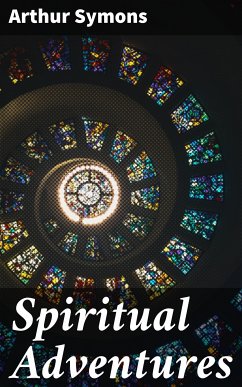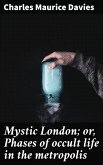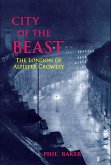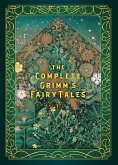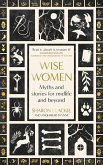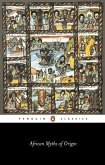In 'Spiritual Adventures,' Arthur Symons embarks on an intellectual odyssey, melding the realms of mysticism and artistic expression. This collection of essays and reflections draws upon a wide array of influences, from Symbolism to Eastern philosophy, illustrating Symons' engagement with the spiritual dimensions of art and literature. His rich, lyrical prose captures the essence of his journeys into the unknown, and through vivid imagery and introspective analysis, he explores how spirituality informs creative endeavors, thus situating his work within the broader canon of late 19th-century literary movements. Arthur Symons was a prominent figure in the Symbolist movement and a pivotal translator of foreign literatures. His deep-seated fascination with spirituality and the subconscious can be traced to his extensive travels and studies across Europe and Asia. Symons' own quest for meaning and understanding lies at the heart of 'Spiritual Adventures,' reflecting his attempts to synthesize his experiences with the artistic expressions of his time, including his interactions with figures like W.B. Yeats and Oscar Wilde. For those seeking to explore the intersection of spirituality and art, Symons' 'Spiritual Adventures' is an essential read. It not only illuminates the intricacies of the artistic psyche but also invites readers to embark on their own spiritual exploration, making it a timeless addition to the libraries of art enthusiasts and aspiring creatives alike.
Dieser Download kann aus rechtlichen Gründen nur mit Rechnungsadresse in A, B, BG, CY, CZ, D, DK, EW, FIN, F, GR, H, IRL, I, LT, L, LR, M, NL, PL, P, R, S, SLO, SK ausgeliefert werden.

